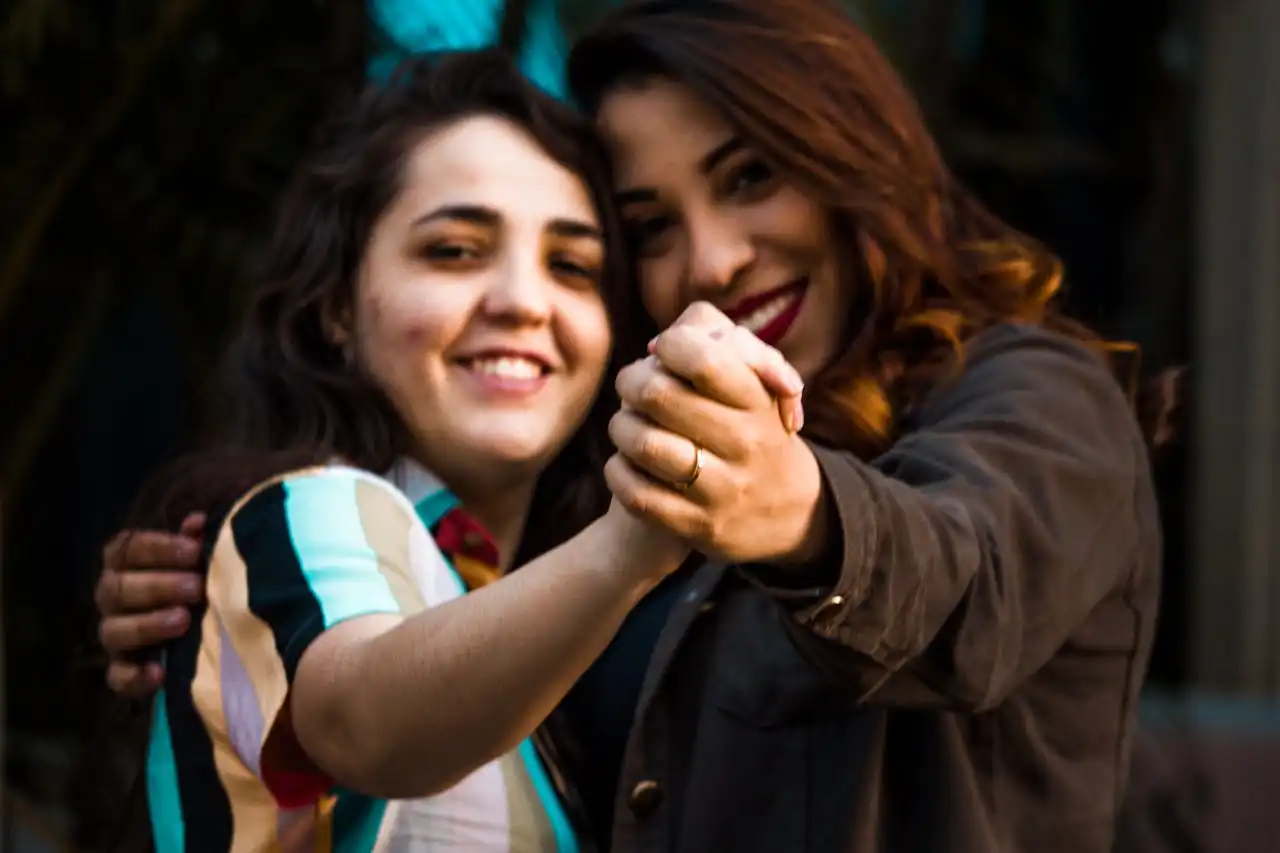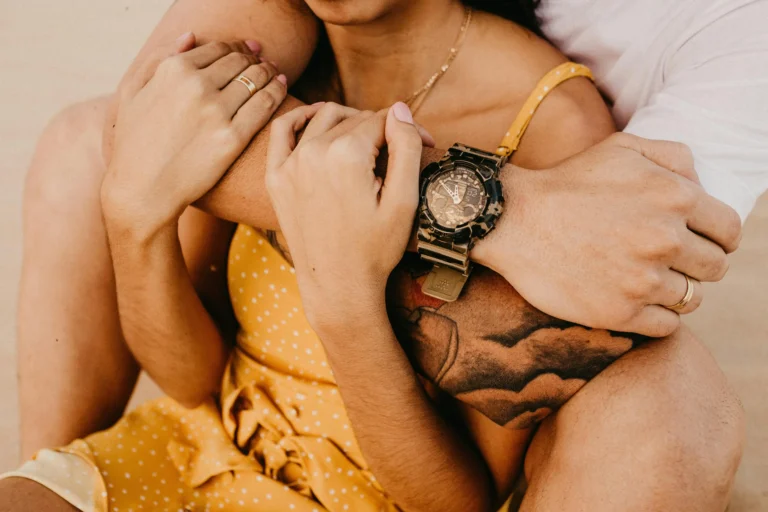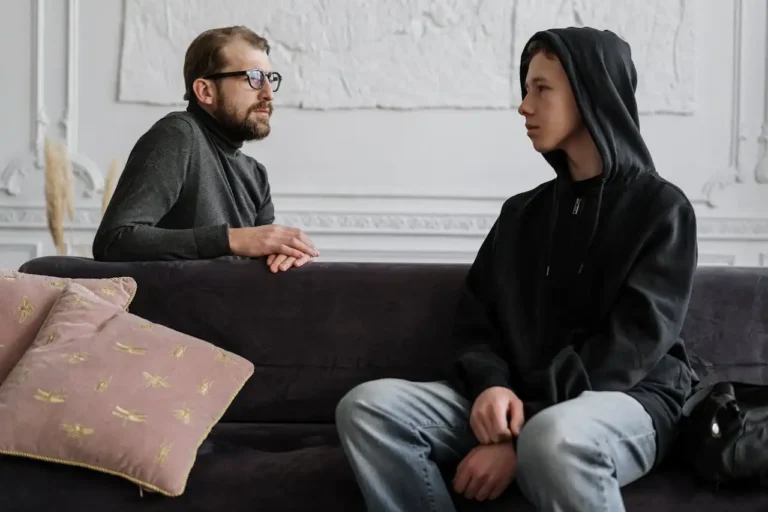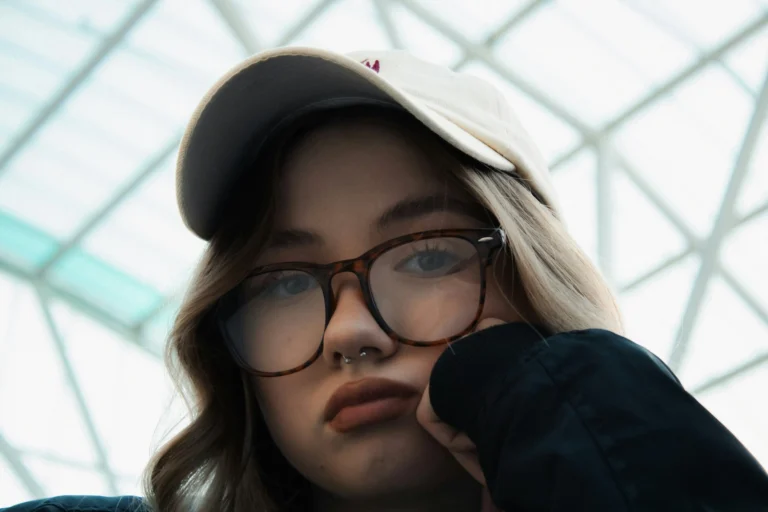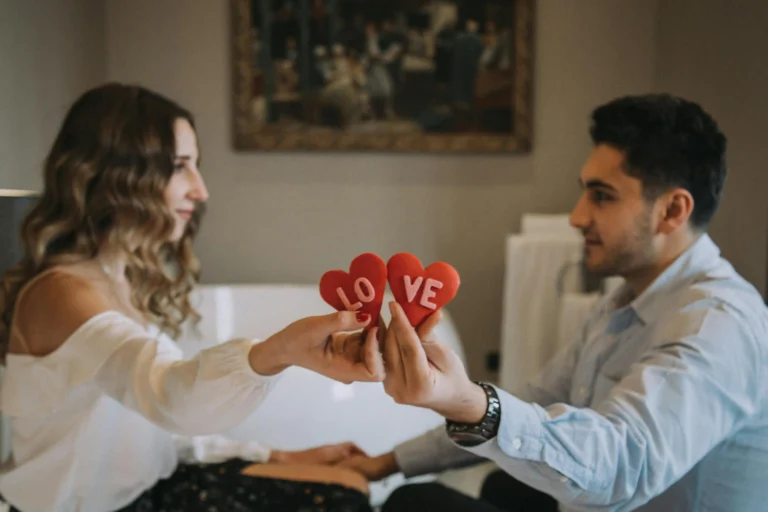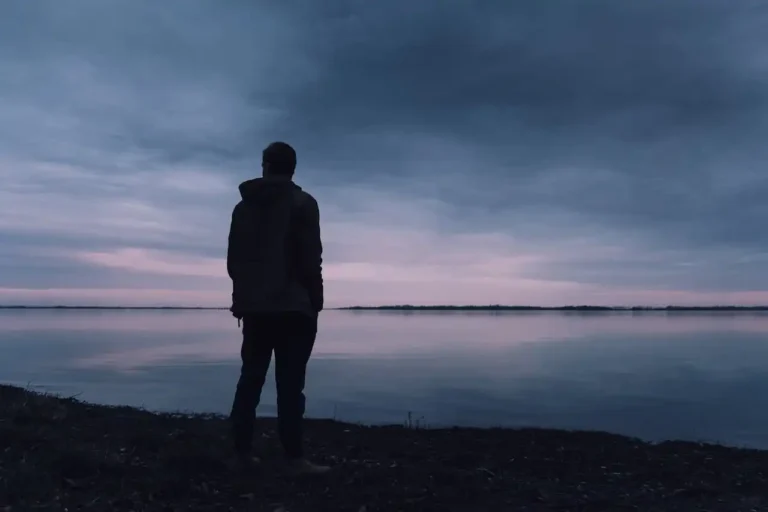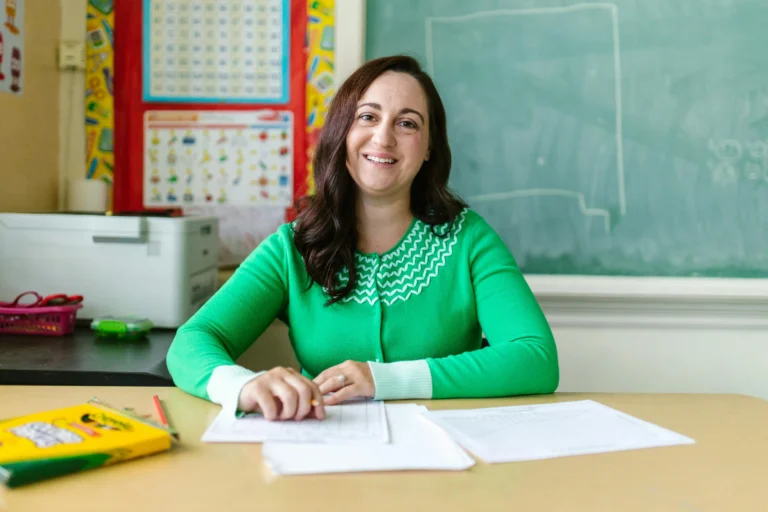10 Signs to Know You Are a Lesbian
Discovering your sexual orientation is a deeply personal journey that unfolds differently for everyone. If you’ve been questioning your feelings and attractions, you’re not alone.
These common experiences many lesbian women share might help you understand your own feelings and identity better.
1. You Feel Genuinely Attracted to Women
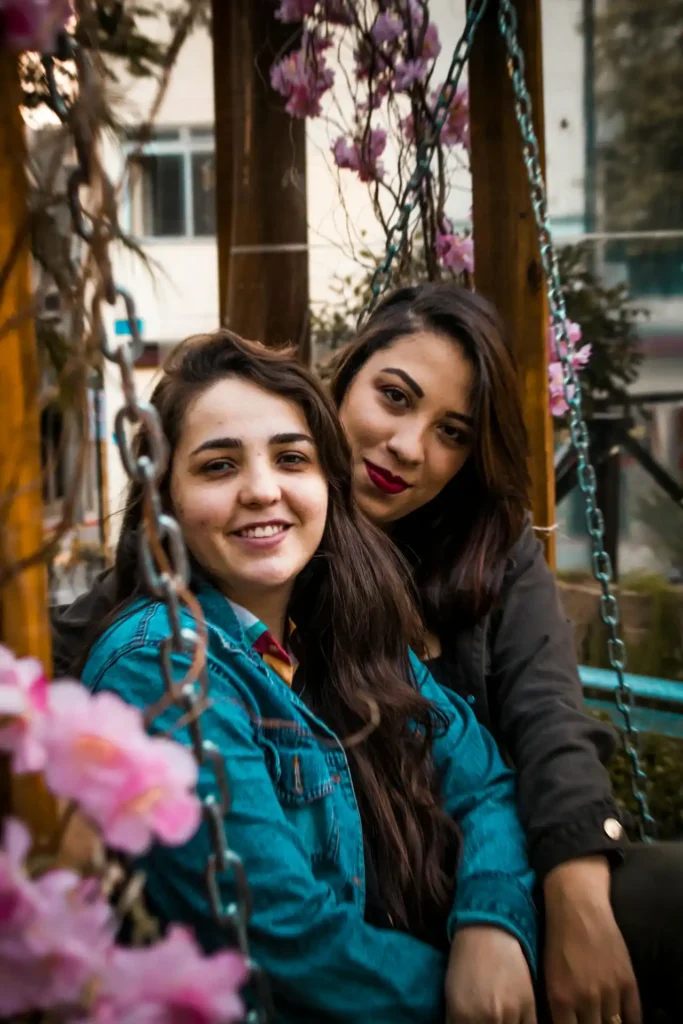
Attraction to women goes beyond admiration or friendship. You notice yourself drawn to women in ways that feel romantic and intimate, not just platonic.
This attraction might manifest as butterflies when talking to certain women, daydreaming about romantic scenarios, or feeling excited about the possibility of deeper connections.
Your attraction might feel different from how you’ve heard others describe attraction to men.
You find yourself noticing women’s smiles, voices, or the way they move through the world.
These feelings create a sense of longing or desire that extends beyond simple friendship or appreciation.
You might realize that what you thought was “girl crush” behavior actually represents genuine romantic interest.
The desire to spend time with someone, learn everything about them, and share intimate moments points toward romantic attraction rather than platonic admiration.
Physical attraction plays a role, but emotional and intellectual connections often feel equally or more important.
You’re drawn to women’s personalities, minds, and emotional depth in ways that make you want to build meaningful relationships.
2. Relationships with Men Feel Forced or Uncomfortable
Dating men might feel like going through the motions rather than experiencing genuine excitement or connection.
You find yourself comparing every relationship to an ideal that somehow never matches your reality with male partners.
Physical intimacy with men feels uncomfortable, awkward, or simply uninteresting. You might participate because you think you should, but the experience lacks the passion and desire you expected to feel.
This discomfort often extends beyond physical aspects to emotional intimacy as well.
You notice yourself creating emotional distance in relationships with men, even when they treat you well.
The connection feels incomplete or forced, like you’re playing a role rather than being authentically yourself. You might find excuses to avoid deeper commitment or physical intimacy.
Many women realize they were trying to convince themselves they were attracted to male partners when the feelings simply weren’t genuine.
You might have assumed something was wrong with you rather than recognizing that your heart lies elsewhere.
3. You’ve Always Felt Different Around Other Women
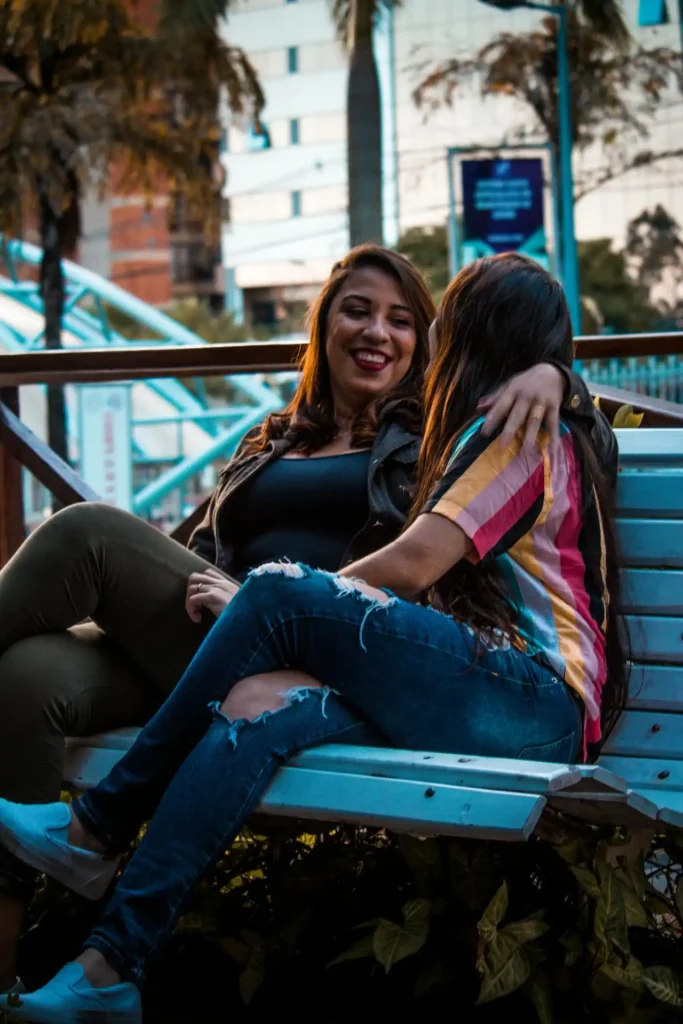
Your friendships with women carry an intensity that seems to exceed typical female friendships.
You might have been told you’re “too close” to female friends or that your relationships seem unusually intimate compared to other friendships.
You find yourself developing intense emotional connections with women that feel more significant than friendships but confuse you because society hasn’t given you language to describe these feelings.
These connections might have caused jealousy, possessiveness, or heartbreak when friendships ended.
Other people might have commented on your relationships with women, suggesting they seemed romantic or asking questions that made you uncomfortable.
You might have dismissed these observations but later realized others were seeing something you hadn’t acknowledged.
You’ve experienced “friend breakups” that felt more devastating than the end of romantic relationships with men.
The loss of close female friendships brought pain that seemed disproportionate to what you thought friendship should feel like.
4. You Question Why You Don’t Feel What Others Describe
Listening to friends describe their attractions to men leaves you confused or disconnected.
Their excitement about male celebrities, romantic gestures from boyfriends, or physical attraction seems foreign to your own experience.
You might have assumed you simply hadn’t met the right man yet, but deep down wonder if you’ll ever feel the passion others describe.
The cultural narrative about finding “the one” doesn’t resonate when you imagine your future with a male partner.
Romance movies or books featuring heterosexual couples fail to create the emotional response you expected.
You find yourself more interested in female characters or imagining yourself in the male role rather than identifying with traditional feminine romantic experiences.
You’ve questioned whether you might be asexual or aromatic because typical romantic and sexual experiences don’t appeal to you.
However, these feelings might change when you consider the possibility of relationships with women.
5. You Admire Women in Ways That Feel More Than Platonic
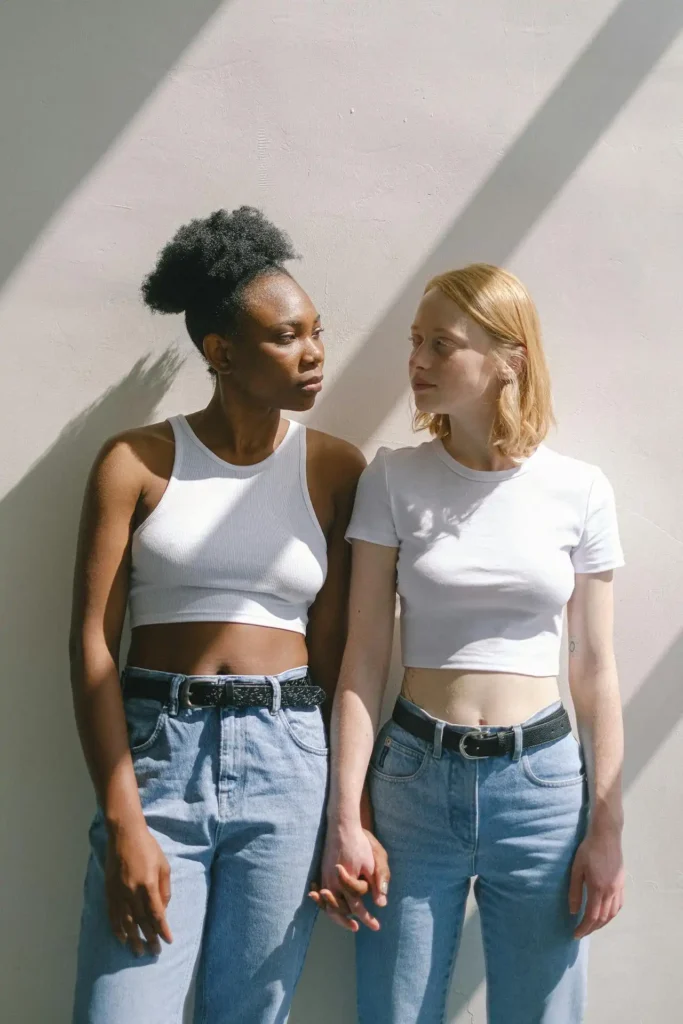
Your admiration for women extends beyond appreciation for their accomplishments or appearance.
You find yourself fascinated by specific women in ways that feel personal and intimate, wanting to know everything about their thoughts, dreams, and experiences.
Female celebrities, characters, or public figures capture your attention in ways that feel more intense than simple admiration.
You might develop crushes on actresses, musicians, or fictional characters without initially recognizing these feelings as romantic attraction.
You notice women’s physical features with an appreciation that feels different from how you notice men.
Their hands, smiles, or the way they carry themselves creates responses that you might not have labeled as attraction but feel more significant than casual observation.
Your “girl crushes” involve wanting to spend time with someone, imagining conversations, or feeling disappointed when interactions don’t develop into deeper connections.
These experiences point toward romantic interest rather than platonic admiration.
6. Coming Out Stories Resonate with You
Reading or hearing about other women’s coming-out experiences creates recognition and emotional response.
Their stories might mirror feelings or experiences you’ve had but never labeled or understood as indicators of sexual orientation.
LGBTQ+ content in books, movies, or television shows creates stronger emotional reactions than heterosexual romantic content.
You find yourself drawn to these stories and characters in ways that feel personally meaningful rather than simply entertaining.
Pride events, LGBTQ+ history, or community stories create feelings of belonging or curiosity rather than indifference.
You might feel drawn to learn more about lesbian culture and history without initially understanding why these topics interest you.
Conversations about sexual orientation make you pay closer attention to your own feelings and experiences.
You find yourself analyzing your past relationships or attractions through new lenses after hearing others describe their journeys.
7. You Feel More Comfortable in LGBTQ+ Spaces
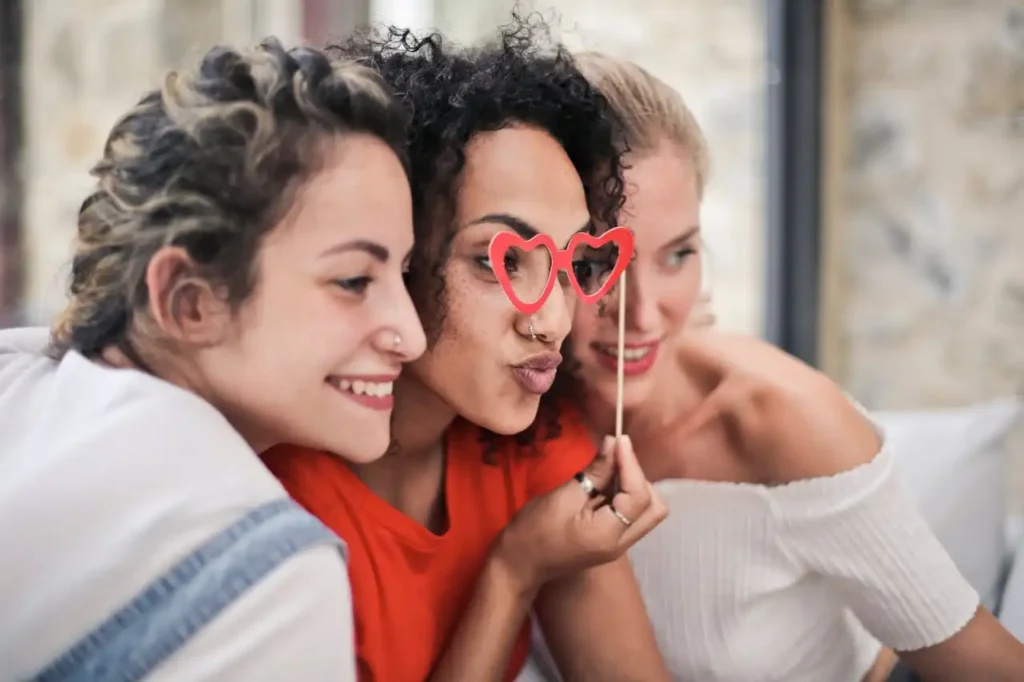
Visiting LGBTQ+ friendly venues, events, or communities creates feelings of belonging and comfort that you might not experience in predominantly heterosexual social settings.
You feel more authentically yourself in these environments. Online LGBTQ+ communities, forums, or social media groups draw your interest and participation.
You enjoy reading about others’ experiences and feel connected to conversations about identity and relationships within these communities.
You notice feeling more relaxed and natural when surrounded by LGBTQ+ individuals.
Conversations flow more easily, and you don’t feel pressure to perform or hide aspects of your personality that might seem “different” in other social settings.
LGBTQ+ allies and supporters appeal to you as friends and potential partners.
You value people who understand and support diverse sexual orientations, even if you haven’t fully explored your own identity yet.
8. Your Future Dreams Include Women
When you imagine your ideal future, women play central roles as partners rather than just friends.
Your vision of happiness, family, or growing old with someone features a female partner, even if you haven’t fully acknowledged these fantasies.
Dreams about marriage or long-term partnership feel more appealing when you imagine them with women.
The thought of building a life with a female partner creates excitement and hope rather than anxiety or indifference.
You might have found yourself jealous of lesbian couples or wishing you could experience the type of relationship they share.
Their visible happiness and connection appeals to you in ways that heterosexual relationships don’t.
Family planning thoughts include considering how to have children with a female partner, adopting together, or creating non-traditional family structures.
These considerations feel natural and exciting rather than concerning or confusing.
9. You Feel Authentic When Considering This Identity
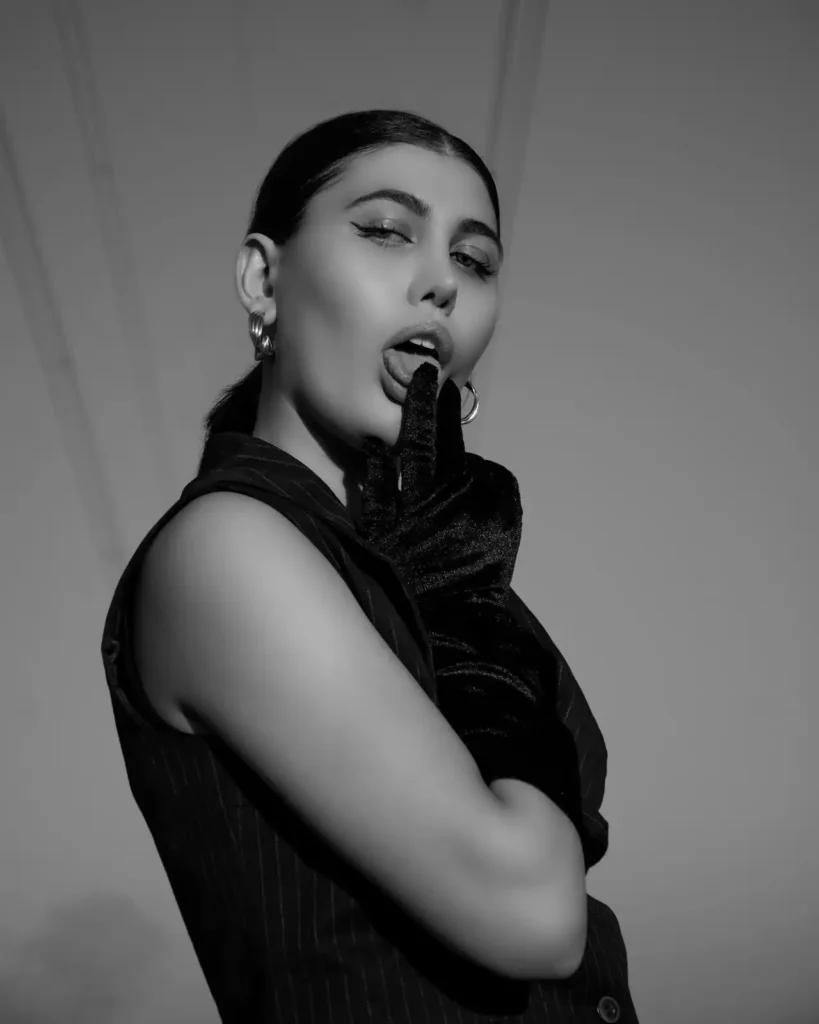
Exploring the possibility of being lesbian feels like discovering missing pieces of yourself rather than forcing yourself into an uncomfortable label.
The identity fits naturally with your experiences and feelings. Coming out to yourself or trusted friends creates relief rather than anxiety.
Saying the words “I think I might be lesbian” or “I’m attracted to women” feels honest and liberating rather than scary or wrong.
You notice feeling more confident and comfortable with yourself when you acknowledge your attraction to women.
This self-acceptance improves your overall sense of identity and well-being. Other people’s positive reactions to your exploration validate feelings you’ve been experiencing.
Supportive friends or family members might express that this identity makes sense based on their observations of your relationships and behavior.
10. Traditional Gender Roles Don’t Appeal to You
Heterosexual relationship dynamics that emphasize traditional gender roles feel constraining or unappealing.
You prefer partnerships based on equality, shared interests, and complementary strengths rather than prescribed social roles.
You might have always felt more comfortable with androgynous expression or questioned traditional feminine expectations.
Your style, interests, or behavior patterns don’t conform to stereotypical heterosexual feminine norms.
Leadership roles, independence, and self-sufficiency appeal to you more than traditional feminine roles in relationships.
You want partnerships where both people contribute equally rather than relationships based on traditional gender dynamics.
You feel drawn to relationships where both partners understand female experiences, challenges, and perspectives.
The idea of sharing life with someone who faces similar social expectations and experiences as a woman feels appealing and natural.
Understanding Your Journey
Recognizing these signs represents just the beginning of understanding your sexual orientation.
Everyone’s journey unfolds differently, and there’s no timeline or checklist that determines your identity.
Some women recognize their attraction to other women early in life, while others discover these feelings later.
Sexual orientation exists on a spectrum, and your feelings might evolve over time. You might identify as lesbian, bisexual, pansexual, or queer based on your individual experiences and attractions.
The label matters less than understanding and accepting your authentic feelings.
Consider talking to LGBTQ+ friends, counselors, or support groups if you want guidance navigating these feelings.
Professional counselors who specialize in LGBTQ+ issues can provide valuable support during this exploration process.
Remember that questioning your sexuality doesn’t require immediate answers or decisions.
Take time to explore your feelings, meet other LGBTQ+ individuals, and discover what feels right for your life and relationships.
Embracing Your Truth
Coming to terms with your sexual orientation can feel overwhelming, but it also opens doors to authentic relationships and self-acceptance.
Many women describe feeling relief and excitement when they finally understand their attractions and stop trying to force feelings that weren’t genuine.
Your journey might involve challenges, including family reactions, social adjustments, or internalized beliefs about sexuality.
However, living authentically typically brings greater happiness and more fulfilling relationships than trying to conform to expectations that don’t match your truth.
Connecting with LGBTQ+ communities provides support, friendship, and romantic opportunities with people who understand your experiences.
These communities offer resources, social events, and networks that can enrich your life significantly.
Consider that exploring your sexuality doesn’t require dramatic life changes immediately.
You can take time to understand your feelings, meet new people, and gradually build the life that feels most authentic to you.
Conclusion
Your feelings and attractions deserve recognition and acceptance, regardless of the timeline for understanding them.
Trust your experiences and give yourself permission to explore this important aspect of your identity.

